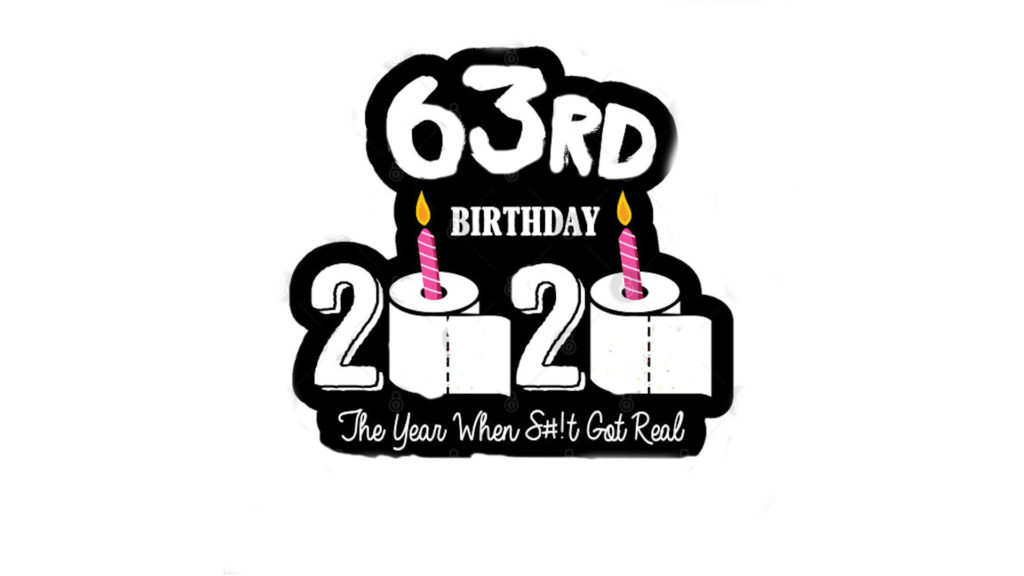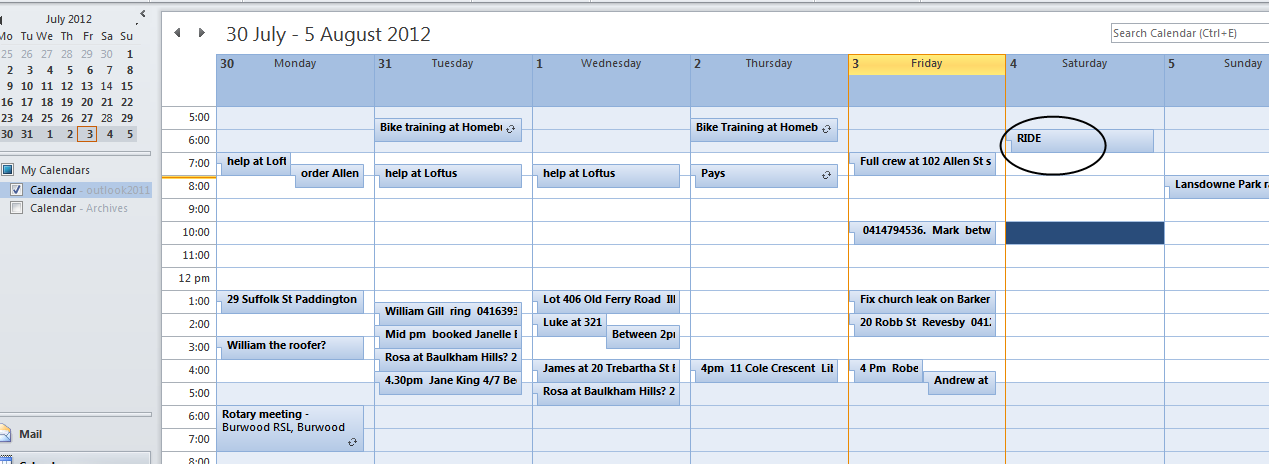
Plans never work out – but why do we still continue doing something that doesn’t work?
by
The British Road team at the Olympics had a plan – and it was a good one. But the Australian and German teams also had their own plans. And I suspect everyone in the race had their own plans to win an Olympic medal. The problem was that all the plans were based on a result – the result of an Olympic medal. But there is only one gold medal to be won.
So, logic can only show that plans do not work because it is impossible for everyone to medal in the same event. So, why do we persist in putting plans into place, when we know through our experiences that nothing ever goes exactly to plan? We can’t all be millionaires, have picture perfect families and all the toys in the world. Someone has to give away their money, become wayward in their relationships and make the toys.
In my younger days, I had a job as a building project planner. I was supposed to be able to predict when the project was to be complete. And they paid me good money for it. I must now admit that I was very good at documenting when activities were already done but quite useless in predicting exactly when they were going to be finished.
Bad weather, subcontractor failures and design errors were handy elements of blame – and as a result, my planning prowess was never questioned. And I am sure that on every building project today, there are still construction planners whose job is mirror my past life.
So, planning can just be something like a job to do – much like parenting where it seems like there is an obligation to mould the life of children. All parents end up realising that they are the worst planners of their children’s lives – but someone has to do it.
I run a business, so it would seem that planning for me is essential. But over the years, I have learnt that planning in the traditional sense (where it all hangs on a specific outcome) is never the smart way to do things. My diary is usually full and set up days before – but it just consists of lists of activities. There are no longer desired outcomes – just things to do. And at the end of the day, I just tick off what has been done.
Sometimes, only a small portion of the list gets ticked off and sometimes, I actually add to the list – because I had ended up doing more than I had expected. The days are happier when I do not have a results-based agenda.
I was born and grew up in Fiji and I remember that we called the natives lazy and ignorant because they were not worried about where their food was coming the next day. Their culture was to take things one day at a time. Little did I know then that I would eventually take up this Fijian trait and fully embrace it as a way of life.

My diary for the weekend is usually quite simple. It just list one activity for the day. RIDE.
….And my weekends are always full of activities and enjoyable, even though much of it is unplanned.





